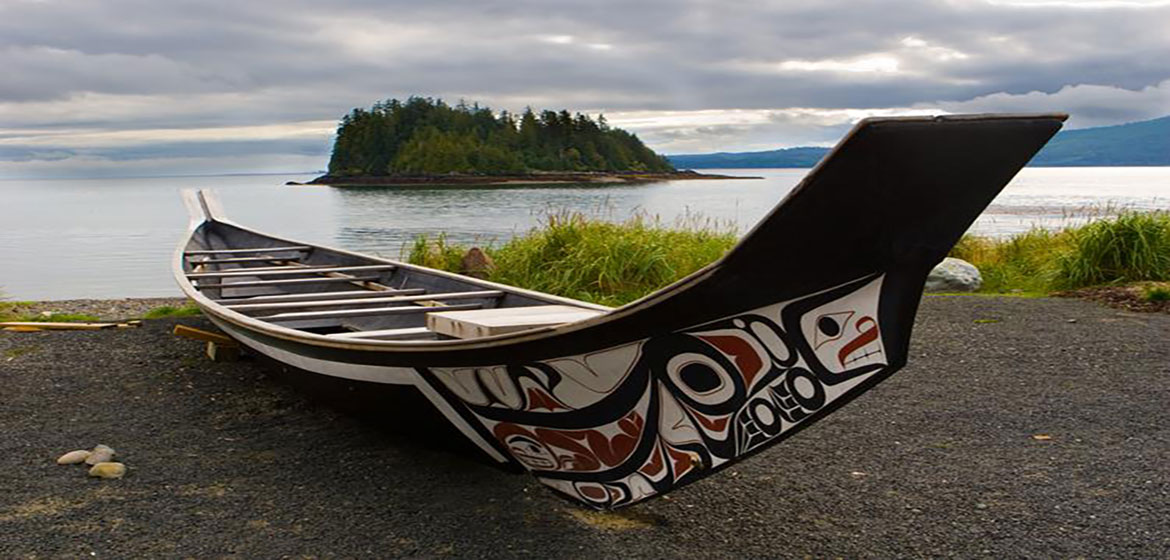Ottawa’s and British Columbia's promise to implement the United Nations Declaration on the Rights of Indigenous Peoples (UNDRIP) is already starting to change how business is done in B.C., according to , a lawyer with .
MLT Aikins advises First Nations communities and industry on how to build productive, durable relationships, and Jones says the declaration “changes the landscape, setting a higher standard than the process that has governed issues between First Nations and industry.”
“UNDRIP moves us away from consultation and accommodation to consent. Under UNDRIP, First Nations' consent is necessary for industrial activities that may affect their rights and title before government can give approval. Businesses need to know how that changes the landscape and how to operate within it.”
Article 32 of UNDRIP requires that states seek and obtain consent: “States shall consult and co-operate in good faith with the indigenous peoples concerned through their own representative institutions in order to obtain their free and informed consent prior to the approval of any project affecting their lands or territories and other resources, particularly in connection with the development, utilization or exploitation of mineral, water or other resources.”
Both B.C. and Ottawa have published principles for implementing UNDRIP. Bill C-262, which is designed to ensure that Canada’s laws are in harmony with UNDRIP, is currently before the Senate in Ottawa. B.C. recently announced it would also introduce legislation to implement UNDRIP.
Jones stresses: “As a late adopter of UNDRIP, Canada is sending a message to First Nations, industry and the international community that we’re finally getting with the program and becoming compliant with international standards. There will be growing pains, but in the end, we will likely have greater certainty when projects are approved. Implementing UNDRIP is another sign that we’re moving out of our phase of reconciliation with First Nations that was fraught with litigation and are moving to a phase that will be built on agreements.”
Jones cites the recent announcement by the Province and the 'Namgis, Kwikwasut'inuxw Haxwa'mis, and Mamalilikulla First Nations regarding the tenures for 17 fish farms in the Broughton Archipelago as an example of B.C. implementing UNDRIP.
After years of tension and controversy surrounding aquaculture, in December of last year, BC and those First Nations agreed to an “orderly transition” of 17 fish farms owned by MOWI (formerly Marine Harvest Canada) and Cermaq Canada out of the Broughton Archipelgao to create a “farm-free migration corridor” for wild salmon. Ten fish farms will be phased out and seven will only operate beyond 2023 if the three First Nations consent. During the transition, those three First Nations will have oversight of the fish farms through an Indigenous Monitoring and Inspection Program. Both MOWI and Cermaq Canada agreed to support the orderly transition and work with those First Nations.
It's clear though that B.C. does not see the announcement as a one-off, with Premier John Horgan calling the UNDRIP-compliant process that led to the new way of operating fish farms in the Broughton Archipelago a template for forestry, natural gas, mining and other industries in B.C.
While it’s unclear precisely how UNDRIP will affect the course of Canadian business overall, Jones believes that implementing UNDRIP will encourage concerned parties to come to the bargaining table in good faith, “and that decisions will be made that everyone can live with.”
“While representing one of the First Nations in the Broughton Archipelago government-to-government process, it was clear to see that all parties had embraced a new mindset,” says Jones. “The First Nations, the province and industry all came to grasp new responsibilities and opportunities and came to a decision that they all could live with.”
Law firms such as MLT Aikins are on hand to counsel industry players who are seeking to establish business relations according to UNDRIP principles. “Every case is different with regards to the proper way to engage, but the Broughton Archipelago example proves that business relationships that all parties consider fair and equitable can be developed,” says Jones.
Source:
Related to SDG 10: Reduced inequalities



